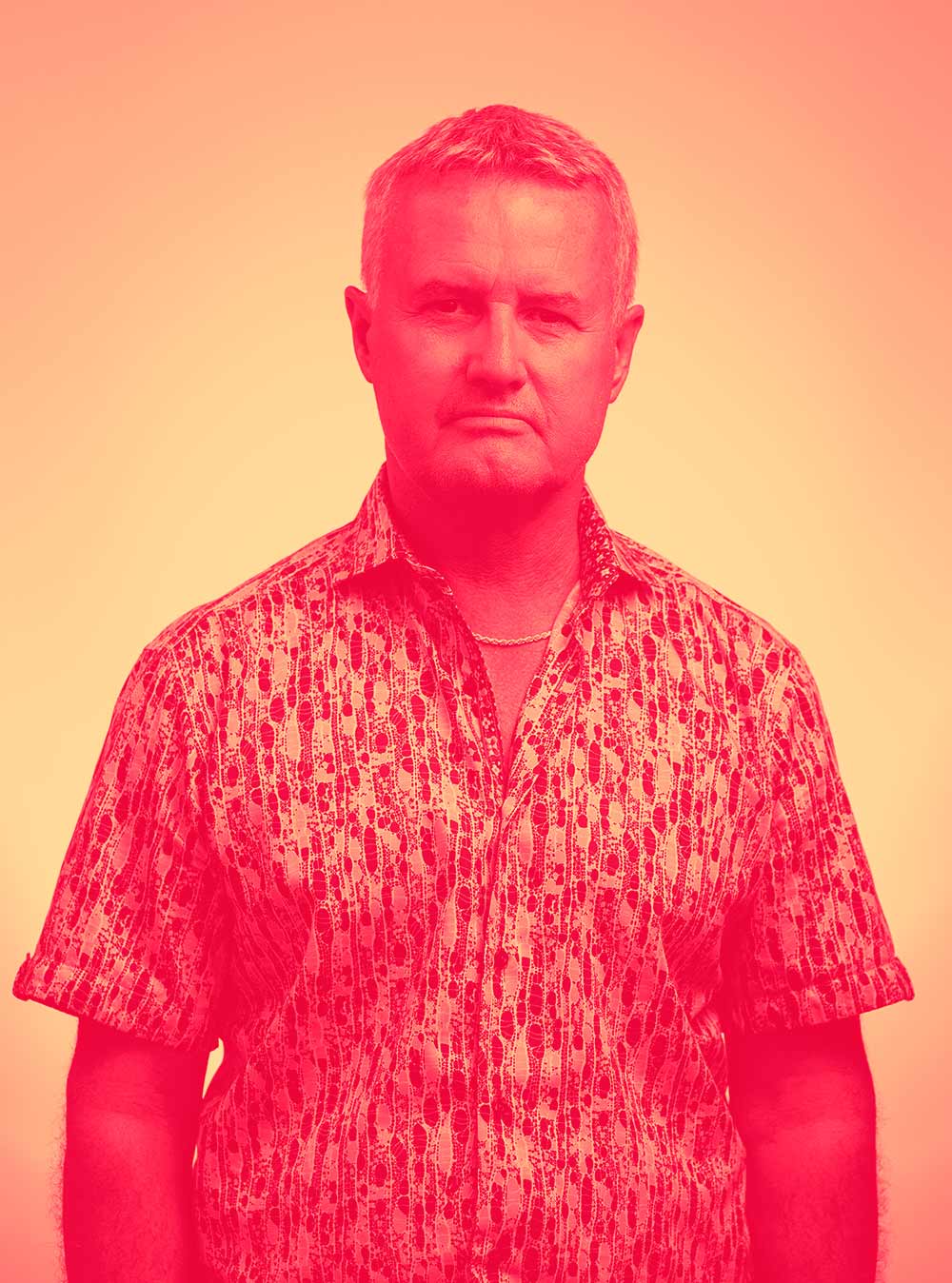

Aislinn Grant, business owner
When we just don’t recognize ourselves
Doing well doesn’t always feel good, which can be a reflection of an invisible internal battle. Impostor syndrome is an insidious intruder on many people’s psyches.
A new job, a promotion, an exciting and fulfilling volunteer opportunity. It’s a step up. You’ve earned it; now you’re going to kill it!
Except you feel like anything but a world-beater. Instead, you feel like someone is going to march into your new office, point a long finger and loudly call you out for the fake you are.
What’s going on? Psychologists call this phenomenon “impostor syndrome,” a pattern of behaviour where, even with evidence to the contrary, sufferers doubt their abilities and have a persistent fear of being exposed as a fraud. Psychology Today described it simply as a “phenomenon in which people are unable to internalize their accomplishments.”
The concept — it’s not a disorder in the diagnostic sense — was coined in 1978 by clinical psychologists Pauline Clance and Suzanne Imes to describe people who, despite ample external evidence and reinforcement, can’t believe they deserve the success they have. Luck and connections, they think, got them where they are, not their own accomplishments, talents and skills. Their research found that the feeling appeared to be particularly prevalent and intense among a select sample of high-achieving women. At the time, the researchers blamed early family dynamics and the later interjection of societal gender-role stereotyping for contributing to the phenomenon.
According to an abstract of their initial findings, “numerous achievements, which one might expect to provide ample objective evidence of superior intellectual functioning, do not appear to affect the impostor belief.” Not surprisingly, impostor syndrome is no stranger to the Mount Royal community.
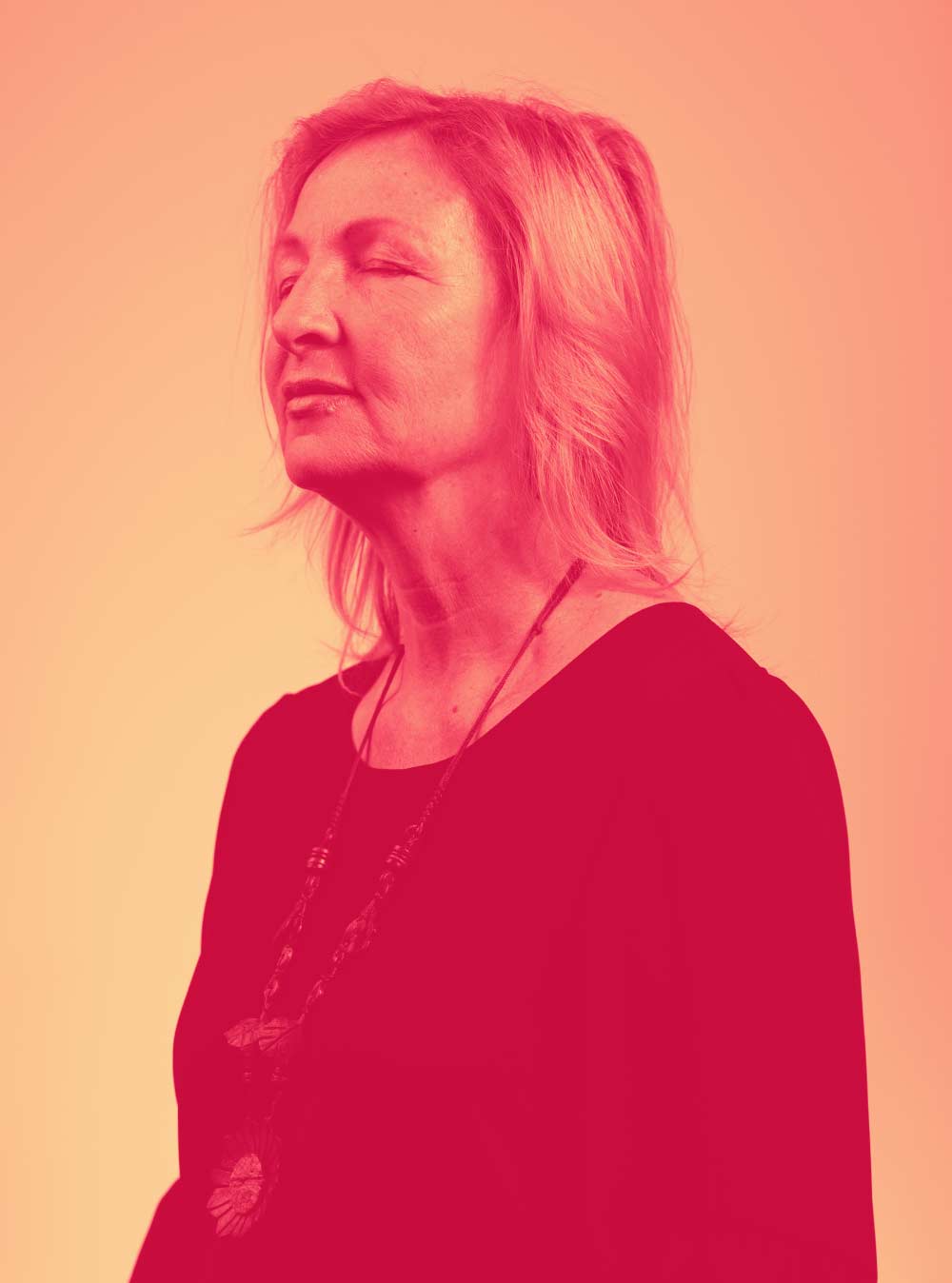
Mirjam Knapik, PhD, chair, Student Counselling MRU
WHEN SUCCESS FEELS CRUSHING
After starting a new company, Grant Design, on her own, Mount Royal University alumna Aislinn Grant (Bachelor of Business Administration — General Management, 2015) was overwhelmed as her client list grew faster than expected and she found herself booked for months.
“I was riddled with thoughts about being way over my head. In moments of high stress I couldn’t help but feel like an impostor,” Grant recalls. “I could feel the impulse to make small decisions and shy away from things that were bigger than I thought I could handle.”
As a way to cope, Grant came up with a creative solution involving an old photo of actor, director and model Tracee Ellis Ross wearing a silver suit.
“I drew out my own version of the suit while considering what type of businesswoman I wanted to be in five to 10 years from now. The suit is bold — really bold. If I were wearing that suit, it would mean I was my most confident, most empowered, most self-expressed self.”
She “splattered” the photo everywhere, as the background on her phone and on notebooks, for example, as a source of strength and inspiration.
“This helped immensely with me getting over my own impostor syndrome, and helps me reach my goals faster and with far more ease.”
BOILING IT DOWN
There are degrees of these feelings, says Mirjam Knapik, PhD, chair of Student Counselling within Mount Royal’s Wellness Services. Knapik tries to avoid labels, instead looking to unpack an individual’s experience and explore both the positives and negatives.
“There is a difference between feeling like there is something specific we need to learn, which is doable, and feeling like we are a fraud, which is hard to fix. However, there may be aspects of what people are calling an impostor syndrome that is, from a more positive reading, an invitation for reflection about both ourselves and the context in which we are having this experience.”
For example, “we might reflect on, and acknowledge that we are newbies at something and look for opportunities to step out of our comfort zone and get more experience.”
Universities tend to be a hotbed for this condition for a variety of reasons, says John Streukens, PhD, an instructor in the Department of Psychology at Mount Royal, although impostor syndrome “extends out across all professions and can be found in any population dynamic.
“It generally presents when one is in a transitional period within either their education or career,” Streukens says. “Once initial features are surpassed or attained, individuals settle until the next major shift, which can contribute to this issue being cyclical or recurrent.”
Streukens believes cognitive behavioural therapy can help address the messaging systems associated with the impostor syndrome. He stresses, however, that a positive client-therapist relationship is critical for success.

Jenn Lofgren, executive coach
JOB JUSTIFICATION
One of the settings where we achieve, fail, win, lose and worry most profoundly, is the workplace. As a result, those who work to help others thrive in their careers are no strangers to impostor syndrome. Mount Royal alumna Jenn Lofgren (Business Administration Diploma — Human Resources, 2006) is an executive coach and says she has observed the condition in both new and experienced leaders.
“It tends to show up differently for new leaders — usually in a way that they feel they need to prove they are capable of their new position, and disbelief that they’ve actually made it to where they are,” Lofgren says. “It also shows up as fear they’ll be found incapable, so they work long hours and push exceptionally hard to prove they are worthy of their new roles.”
Experienced leaders, Lofgren has observed, also encounter impostor syndrome, often as a “vice grip of a secret with a lot more fear behind it. It can sound like: ‘I should know this stuff by now … How am I still struggling?’, or, ‘I am just one meeting from being found out I’ve been a fraud all these years,’ or, ‘How could I be a C-level (executive) employee and not know how to figure this out?’ ”
When she launched her business, Incito, in 2009, Lofgren was considered too young to run a leadership development company in a province in the midst of an economic downturn.
“Not only did I experience my own self-doubt and impostor syndrome, my feelings were reinforced by real messages from my peers and the business community. I was told I was too young, too attractive, too inexperienced, or lacking the right background and that I’d have no chance of finding clients in the midst of a recession in Calgary.”
To cope, Lofgren says she sought out mentors, took additional training, gained experience on boards to understand firsthand the experiences of many of her clients, and began speaking and volunteering in the business community.
“I also focused on doing really good work, but also by setting boundaries to maintain my personal and family life. Little by little, the skeptics from 2009 turned into supporters and mentors over time.”
Lofgren says the feelings return when she ventures into something new.
“I’m not sure if it ever really goes away, because vulnerability never goes away, I believe that the more we build a growth mindset and resilience skills, the greater our ability is to step into new or difficult situations with self-compassion.”
IT’S NORMAL, MAYBE
Kevin Alderson, PhD, a practising counsellor and contract faculty at Mount Royal, stresses that in the workplace some feelings of inadequacy are natural as we adjust to a new role, especially if it involves the professions. Some of that simply comes down to mentoring, or a lack of it.
In the trades, he points out, apprentices are watched closely and get immediate feedback if they mess up on the job. In the professions, however, employees can be left to flounder and figure it out for themselves.
Alderson, who says current research points to the impostor phenomenon as a symptom of larger issues like depression and anxiety, admits he experienced it himself for five years after he started teaching.
“I think we need to distinguish between a natural feeling of not being up-to-speed, and the impostor syndrome. The key word for me is ‘pervasive,’ and also ‘perceived inadequacy.’ If you are actually inadequate, then that’s something different. I think young people should expect to experience impostor syndrome, especially the higher they go in their education because the expectations increase.”
While it can be difficult to work up the courage, finding a colleague to model yourself after can help, as can reading and researching about how others have done the job that you do.
“We shouldn’t be afraid to approach someone to say, ‘I really don’t know how to do this.’ Most of us are honoured when someone new to the profession calls and says, ‘Do you have an idea how I should deal with this problem?’ I’m honoured when they ask.”
Alderson sees being challenged in life and on the job as a good thing. “Too many people go through life feeling they aren’t contributing.”
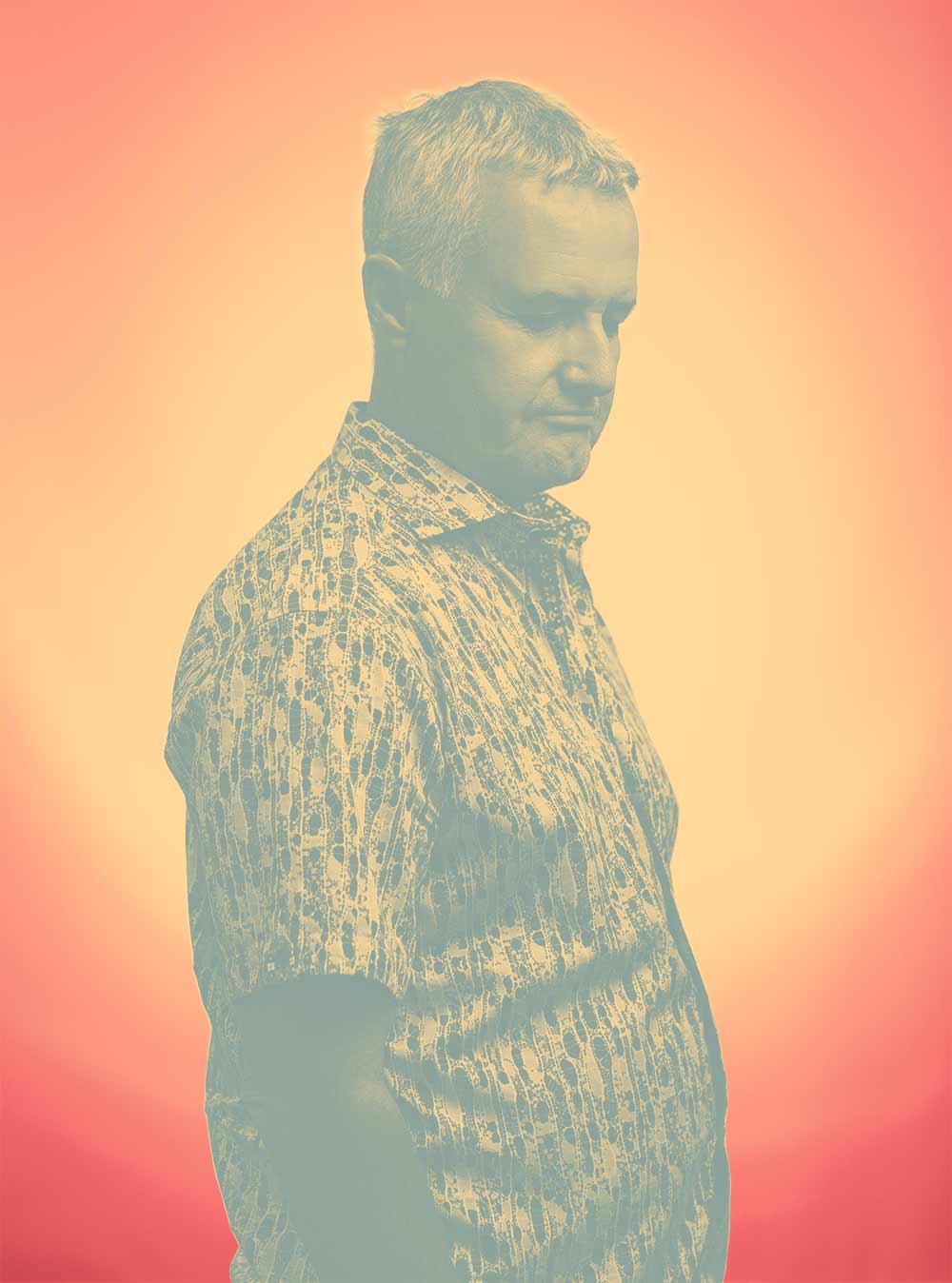
Kevin Alderson, PhD, practising counsellor and MRU faculty
But at the same time, he warns that perfectionists are most likely to develop impostor syndrome because their standards are impossible to meet. Striving for competence, not perfection, is much healthier. Competent surgeons, for example, still lose patients due to factors beyond their control.
“There are a lot of perfectionists out there and they drive themselves mad. They end up doing worse than if they weren’t perfectionists because their anxiety level is off the Richter scale.”
In the end, the workplace itself can help or hinder as employees deal with these feelings.
“There are work environments that are nasty, that are horrible. You have a boss who is looking over your shoulder and everything has to go through them. Everything is highly scrutinized. It’s going to be harder to thrive in that environment than if you’re treated with respect, than if you’re treated as if you’re someone who does actually know something and you’re given guidance, not commands, constantly. Work environment will either contribute to our impostor syndrome or it will help diminish it.”
Knapik agrees and says that when feeling like an impostor leaves us chronically anxious, it is clearly a problem.
“When perfection is demanded in order to feel okay, feeling like a fraud is sure to follow,” she says. “But if discomfort about our competence drives us to learn and practise, then growth is possible. If we then find ourselves in a place where we do not need to hide our uncertainty, where opportunities for growth are supported and valued, then feeling incompetent is no longer a syndrome.”
Those at the pinnacle of their professions usually seem sure of themselves, focused, and most importantly, confident. But the truth is, some of Calgary’s most well-known and influential people have experienced impostor syndrome, and are willing to talk about it.
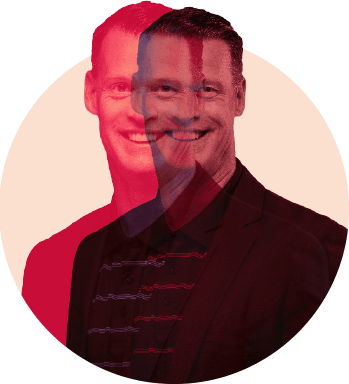
Mark Tewksbury
Olympic champion, tv host, author, mount royal honorary degree recipient and LGBTQ2+ advocate
When I won the Olympics, I was 24 years old and was suddenly brought in to speak to business leaders across the country. I was supposed to be giving them advice. I constantly felt out of my element in that environment until one day, over time, I realized I knew success and belonged as much as anyone else did.”
“If you don’t think you are an impostor at some point in your life, then you haven’t gotten out of your comfort zone.”
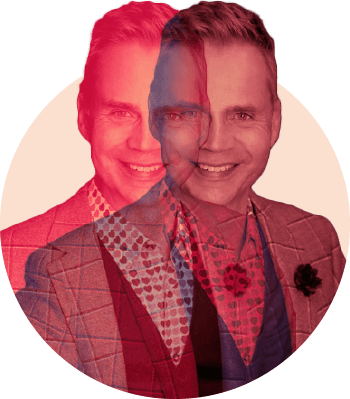
Todd Hirsch
Chief economist At ATB Financial, mount royal honorary degree recipient, author and speaker
“Does anyone actually not feel like an impostor, at least some of the time? It’s a sickening feeling, but it’s less intense once we recognize it’s normal. All of us feel that sense of inadequacy, that we’re not good enough, that there’s been a mistake. A quarter of a century into my career, I still feel this way more often than I like to admit. I deal with it by accepting that, sure, I’m not the smartest or most experienced person in the world. But I don’t need to be. I focus on what unique skills, abilities and talents I do possess.
“Be yourself. You’re better than you think you are.”
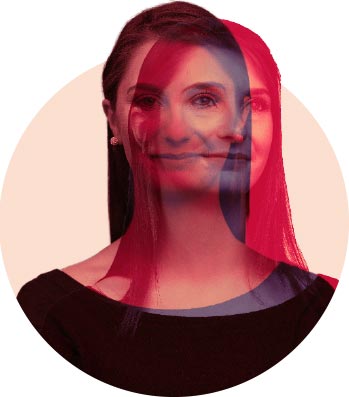
Shayla Breen
President, Students’ Association of Mount Royal University, business student and a Calgary Stampede Ranch Girl
“Even though I was chosen by the student body of MRU to be in the role I am, I still feel like an impostor most days. When I start to feel like an impostor I reflect on the question of ‘If not me, then who?’, and if I can think of that who, then I bring them to the table.
“Checking my motivations and reminding myself that I cannot make everyone happy, and ensuring equal opportunity when I can, help me fight impostor syndrome.”
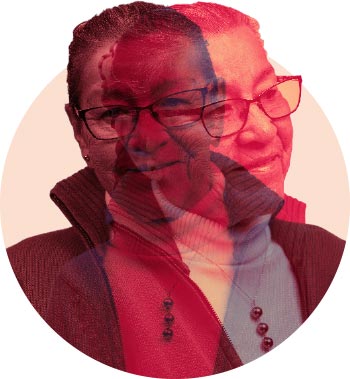
Grandmother Doreen Spence
Retired nurse, mount royal honorary degree recipient, elder, human rights advocate and Nobel Peace Prize nominee
“When I was little, someone told me that I didn’t belong, so I went home and talked to my Grandpa. He said, ‘Think of it this way: you’re the salmon and salmon will always swim upstream. All other fish swim in the same direction, but you’re not one of those fish.’ As an Indigenous woman, I felt I had to prove I was good enough and let the world see that I am equal. I had grandparents who supported, nurtured and reinforced my purpose.
“I’m not like the rest of the fish in the ocean and that’s okay. I have had a different experience than most.”

Bret Hart
World Wrestling Federation heavyweight champion, ‘The best there is, the best there was and the best there ever will be,’ mount royal honorary degree recipient, writer, artist and philanthropist
“Professional wrestling is considered, by some, to be a complete fraud; that it’s phony.
For far too long, wrestlers got no credit for being great athletes or great actors, when in truth they are both.
When I arrived in the World Wrestling Federation, I had no clout or reputation other than being the son of pioneer promoter Stu Hart. I worked hard to win over my fellow wrestlers.
“I climbed all the ladders, paid my dues and won over my peers with hard work and imagination.”





